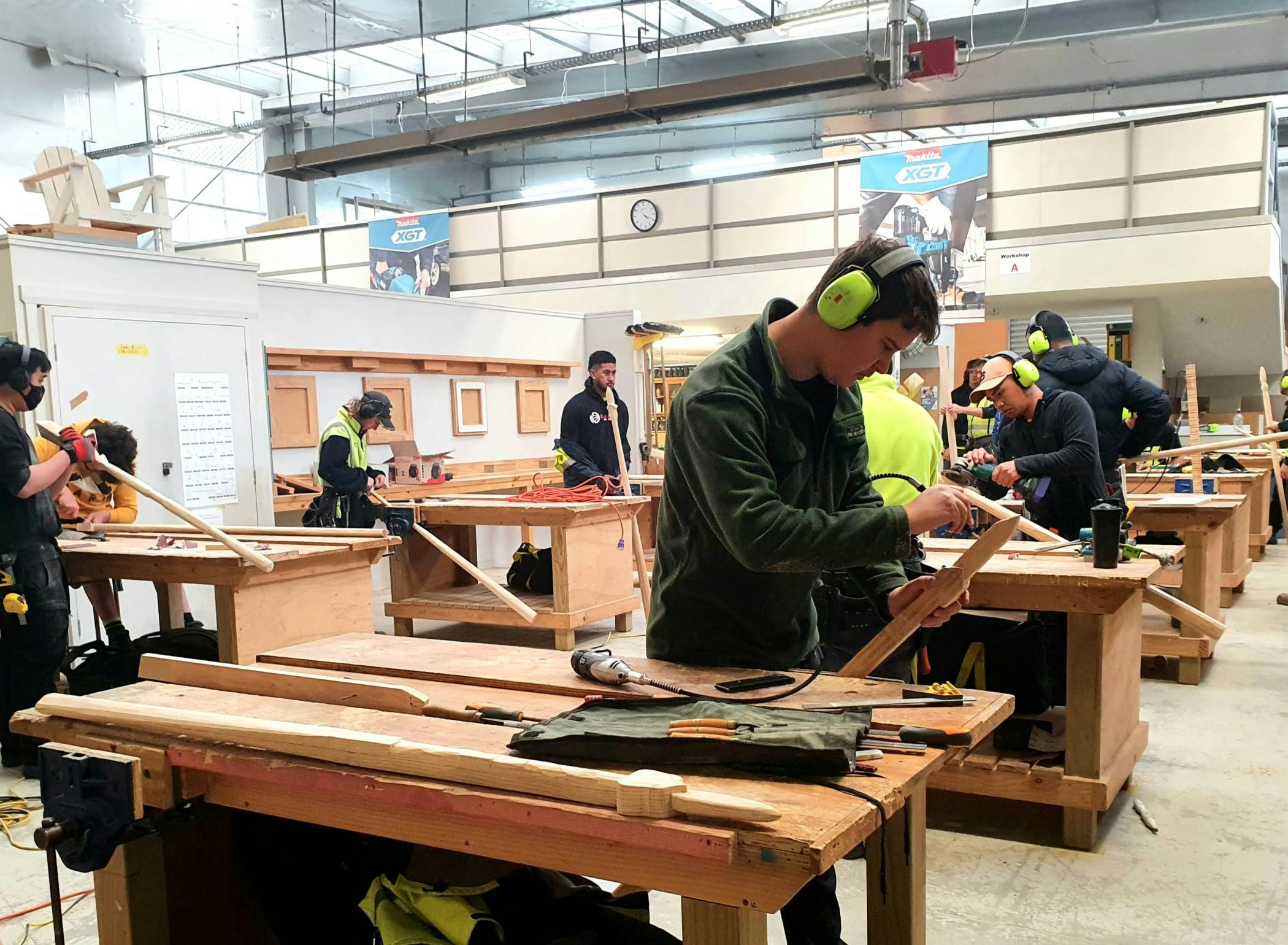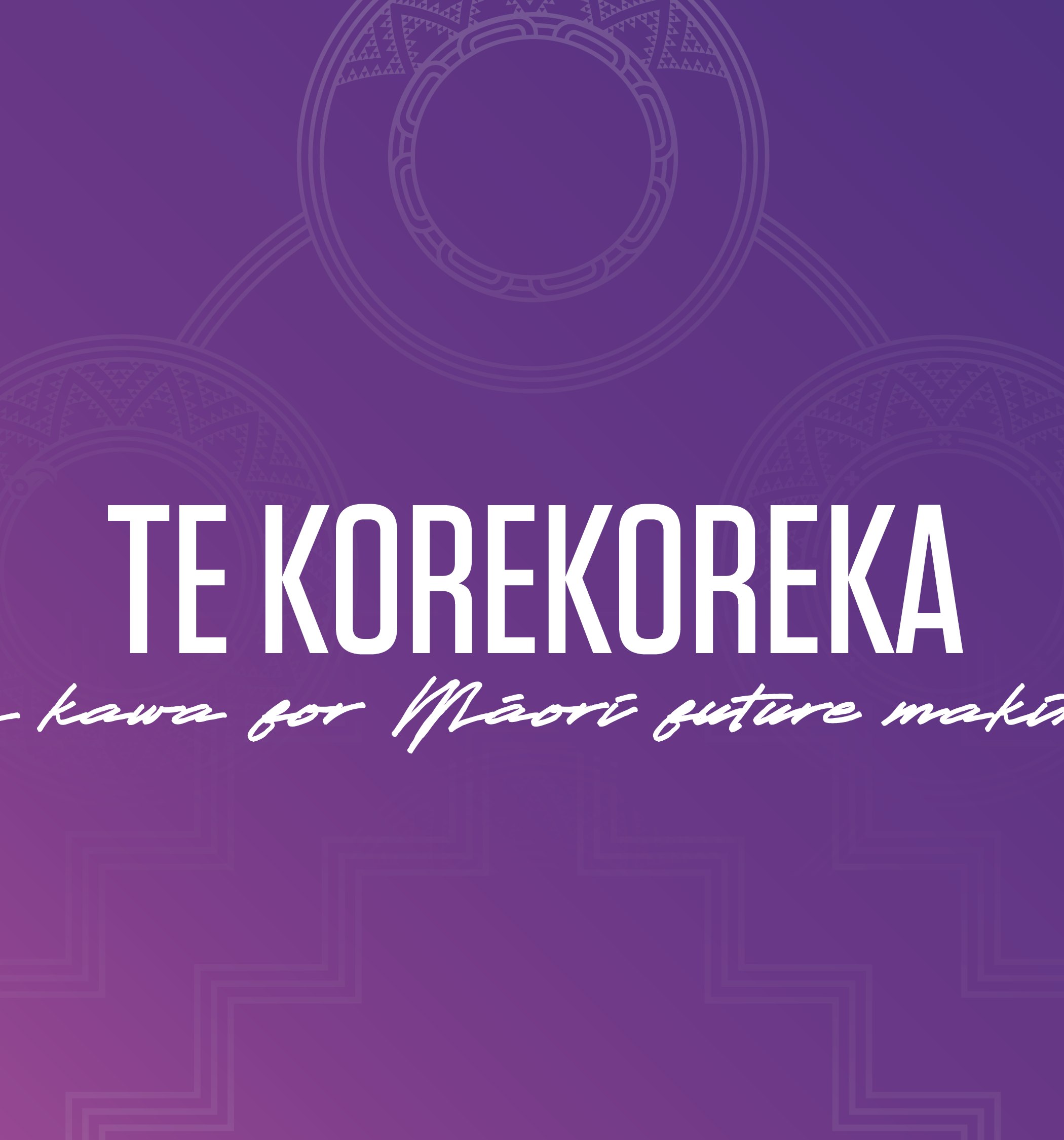About Us
Our pūrākau
Te Waiatatanga mai o te Atua tells of how the universe was sung into being. It begins with the various phases of Te Pō (night), Te Ao (day) and Te Kore (the void). From Te Kore comes Te Mākū (dampness) and Māhoranuiatea (the expanse) who gives birth to Raki.
Raki was injured battling Takaroa who was the first husband of Papatūānuku and was clinging closely to her, which meant that the world was a dark and confining space. Raki knew change was needed and asked his sons to kill him so the heavens could be raised: ‘…if I die then the world will gain light and brightness.
Tāne began his karakia to Rehua for strength and worked alongside his younger brother Paia. Tāne used his tokotoko Toko-maunga followed by the tokotoko of Paia, Ruatipua and Ruatawhito.
Once Tāne finished the world became bright and full of potential.
Like the tokotoko of Tāne and Paia, the challenge is to raise the ceilings of possibility and create the conditions for new light and potential to emerge.
Ko toko nā wai? Ko toko nā Ruatipua,
Ko toko nā wai? Ko toko nā Ruawhito
He turuturu, he pīnaki, he papare, he aitutonga,
Tēnā toko, tokotoko ka eke, ko toko o tēnei raki

What we do
We are Māori future makers. We use social innovation to achieve equity in education, employment and income for all Māori within the Ngāi Tahu takiwā, and beyond. We’ve looked to the wisdom of our tūpuna to create a new iwi-led approach to Māori future making.
Our work is likened to Raki Tukutuku. The heavens were woven and bound together like the tukutuku panels of a marae. Our work often involves unweaving and unlearning old ways to loosen the bindings so that change and growth can emerge. Once new horizons are set then the task is to reweave the bindings so that the tokotoko are tightly connected and supporting one another – kia tukutuku anō ai te Raki.
Our approach is grounded in the richness of our culture and context but also draws upon a growing field of international research and practice called social innovation. Globally, societal challenges are increasing in scale and complexity, while traditional programmatic responses are proving less and less effective, prompting new, systemic, and creative approaches to change.
Social innovation is described by Sarah A Soule, Neil Malhotra, and Bernadette Clavier as, “The process of developing and deploying effective solutions to challenging and often systemic social and environmental issues in support of social progress.”
In essence, we seek to create long-term structural solutions so that change is both scalable and sustainable. In essence, Māori future-making is not about making small adjustments to the current reality. It’s about transforming reality to create a new, alternative, and better future – it’s about mana motuhake.


